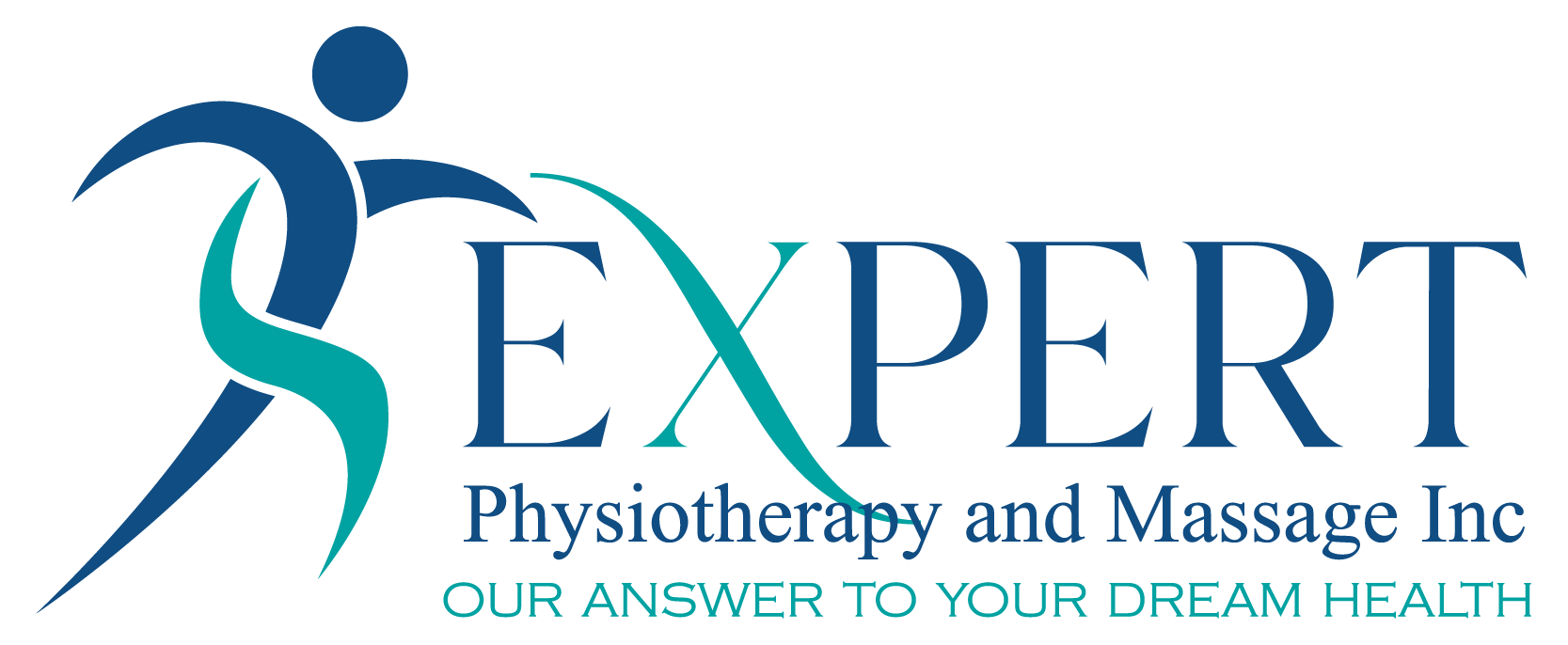Do you experience clicking sounds, discomfort, or difficulty opening and closing your jaw? These symptoms could be related to a condition called temporomandibular joint dysfunction (TMJ disorder or TMD). While this issue can be frustrating, effective solutions are available. One of the most beneficial treatments for TMJ disorders is physiotherapy, which can help alleviate pain, improve mobility, and restore function.
Understanding TMJ Dysfunction
The temporomandibular joint (TMJ) is a hinge that connects your jawbone to your skull, enabling movements like chewing, speaking, and yawning. TMJ dysfunction occurs when this joint or the muscles around it are not working properly. Common causes of TMJ dysfunction include:
- Jaw misalignment
- Stress and teeth grinding (bruxism)
- Injury or trauma
- Arthritis
- Habitual chewing of gum or nails
Symptoms of TMJ dysfunction can vary but often include:
- Clicking or popping sounds when moving the jaw
- Pain or tenderness around the jaw, face, or ears
- Limited range of motion in the jaw
- Headaches or neck pain
- Locking of the jaw (making it difficult to open or close)
How Physiotherapy Can Help TMJ Dysfunction
Physiotherapy offers a non-invasive and holistic approach to managing TMJ disorders. By addressing the root causes of the dysfunction, physiotherapy can help reduce pain, improve jaw mobility, and prevent further issues. Here are some ways physiotherapy can assist:
1. Manual Therapy
Manual therapy involves hands-on techniques to mobilize the TMJ and surrounding muscles. This can reduce stiffness, improve joint alignment, and relieve pain. Soft tissue massage is often used to relax tight muscles around the jaw, neck, and shoulders.
2. Targeted Exercises
Specific exercises can help strengthen the jaw muscles, improve coordination, and enhance the joint’s range of motion. These exercises may include controlled jaw movements, stretching, and resistance exercises tailored to your condition.
3. Postural Training
Poor posture, particularly in the neck and upper back, can contribute to TMJ dysfunction. Physiotherapists provide guidance on maintaining proper posture to alleviate strain on the jaw and surrounding muscles.
4. Pain Management Techniques
Therapists may use modalities such as heat or cold therapy, ultrasound, or electrical stimulation to reduce pain and inflammation.
5. Education and Lifestyle Modifications
Your physiotherapist can identify habits that worsen your TMJ dysfunction, such as teeth grinding or clenching. They’ll provide tips on managing stress, incorporating relaxation techniques, and modifying daily activities to protect your jaw.
The Benefits of TMJ Physiotherapy
- Pain Relief: Reduces discomfort in the jaw, face, and neck.
- Improved Mobility: Restores your ability to open and close your mouth fully.
- Enhanced Quality of Life: Eases everyday activities like eating and speaking.
- Prevention: Minimizes the risk of future flare-ups or chronic issues.
When to Seek Help
If you’re experiencing persistent jaw pain, clicking, or difficulty moving your jaw, it’s time to consult a professional. Early intervention can prevent the condition from worsening and provide faster relief.
At Expert Physiotherapy and Massage, our skilled therapists specialize in TMJ dysfunction treatment. We’ll create a personalized treatment plan tailored to your needs, helping you regain comfort and function. Don’t let TMJ dysfunction hold you back—reach out today to schedule an appointment and take the first step toward a pain-free life.


